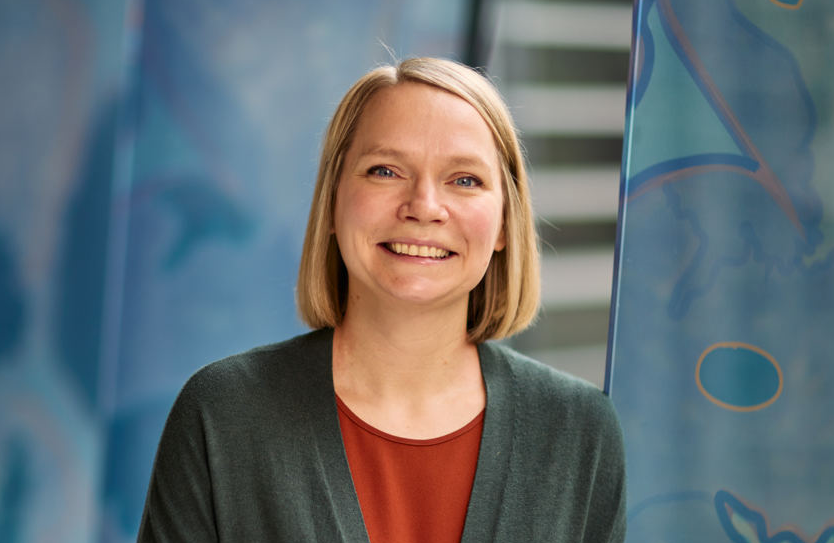Dunn School strengthens structural biology research

The Toropova group will focus on understanding the three-dimensional structure of molecular machines within cells. The lab aims to solve atomic resolution structures, and place them in their cellular context, using multiscale cryo-electron microscopy (cryo-EM) and in situ cryo-electron tomography (cryo-ET) techniques. They will combine this with in vitro reconstitution, cell biology, and live fluorescence imaging to dissect molecular mechanisms underlying function. The initial focus of the group will be on dynein-2. This complex motor protein is responsible for the transport of many proteins, including essential signalling receptors, out of cilia, the cell’s signalling and sensory antennae.
Dr Toropova was an early adopter of cryo-EM techniques, and has used them to tackle a variety of structural challenges during her career. For example, she examined small single stranded virus RNA structures during her PhD studies at the University of Leeds; through to large molecular structures during her postdocs at the University of Pittsburgh, Harvard, and Birkbeck. She also developed expertise in areas such as in vitro reconstitution techniques and single molecule fluorescence microscopy.
On her new appointment at the Dunn School, Kat said “I am delighted to be starting my lab in the Dunn School. I look forward to using the latest methods in multiscale structural biology to understand important mechanisms underlying human health and disease, and working with my new colleagues in this wonderful environment. I am also very grateful to the MRC for their support.”
The Toropova group will join a cluster of research groups at the Dunn School focused on structural biology approaches (such as the Isom and Fodor groups) as well as groups with an interest in motor protein research (such as the Roberts and Mali groups).
Explore more
Toropova Group
The Toropova group investigate how molecular machines perform essential cellular functions using cryo-electron microscopy/tomography and live fluorescence imaging.
Cell and Developmental Biology
Several Dunn School groups investigate the mechanisms underlying a range of important developmental and cellular processes such as signalling, transcriptional control, cell division, protein trafficking, and genome maintenance.
More news
The latest news stories and research highlights from the Dunn School.